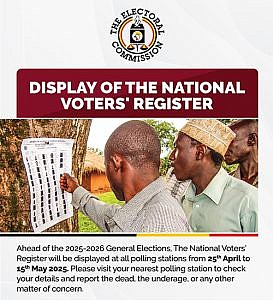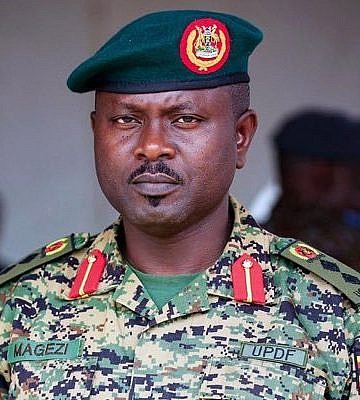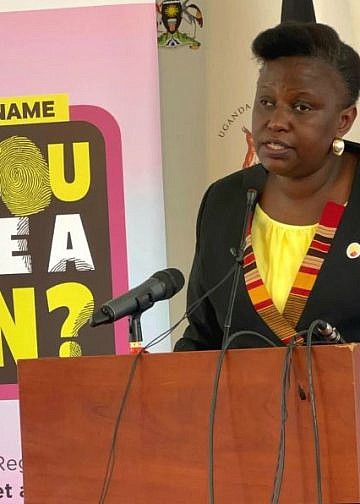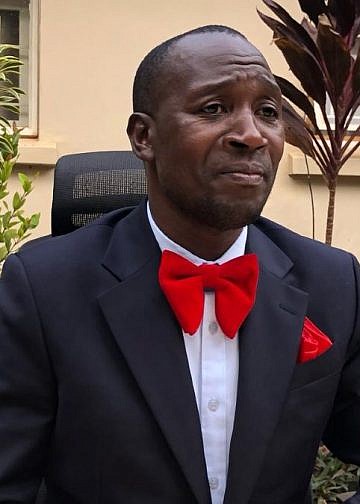By Kungu Al-mahadi Adam
The recent meeting between General Salim Saleh—President Yoweri Museveni’s brother—and a European Union (EU) delegation has stirred controversy. The EU allegedly raised concerns about General Muhoozi Kainerugaba’s actions and their impact on Uganda’s international standing.
While the specifics of the discussion remain unclear, the EU’s pointed critique of a senior Ugandan military figure reeks of interference in our nation’s internal affairs. This is not only an affront to Uganda’s sovereignty but part of a troubling pattern of external powers attempting to dictate our domestic policies under the guise of diplomacy.
Uganda is a proud, independent nation with a complex political and historical landscape. General Muhoozi Kainerugaba, as Chief of Defence Forces, is a key figure in our military and a symbol of Uganda’s self-determination. For the EU to single him out—whether over his social media remarks or alleged actions—crosses a line from constructive dialogue into condescending overreach. What gives unelected foreign diplomats the right to lecture Uganda on how to manage its own leaders?
The EU’s reported concerns appear less about genuine human rights advocacy and more about flexing influence in a country that has long resisted external control. This is not the first time Western powers have meddled in Uganda’s affairs. The EU’s recent engagements, including meetings with opposition actors, suggest a selective focus on narratives that align with their own interests.
When EU officials met with opposition figures, they listened to accusations against General Muhoozi but failed to address the broader context of Uganda’s security challenges or the opposition’s own provocative actions. Such selective engagement fuels the perception that the EU is less interested in Uganda’s stability than in promoting a narrative that suits their geopolitical agenda.
Why, for instance, does the EU remain silent when opposition groups destabilize public order, yet leap to criticize a military leader tasked with maintaining national security? The hypocrisy is glaring. European nations, with their own checkered histories of human rights abuses and military overreach, are quick to point fingers while ignoring their own flaws.
The EU’s concern over General Muhoozi’s alleged threats conveniently sidesteps the reality that Uganda faces real internal and external threats—terrorism, regional instability, and political unrest stoked by foreign-funded actors. As a sovereign nation, Uganda has the right to address these challenges without external powers cherry-picking which actions they deem acceptable.
If General Muhoozi’s outspokenness on social media or his handling of security matters is a concern, that is a matter for Ugandans to address through our own institutions, not for foreign diplomats to exploit as a pretext for interference.
General Salim Saleh’s reported response during the meeting was diplomatic yet firm. He acknowledged the EU’s concerns but emphasized that General Muhoozi’s actions do not reflect official government policy. This should have been the end of the matter. Yet, the EU’s persistence in raising these issues publicly risks escalating a private dialogue into a diplomatic spat, undermining mutual respect.
Saleh’s reported promise to “rein in” Muhoozi should not be seen as capitulation to foreign pressure but as an internal family and military matter—again, Uganda’s business, not Europe’s.
The EU’s actions also raise questions about their motives. By funding organizations such as the Uganda Human Rights Commission, which General Muhoozi has criticized, the EU indirectly influences Uganda’s domestic institutions. This financial leverage creates a dynamic where Uganda’s sovereignty is subtly eroded, as local bodies become beholden to foreign agendas.
If the EU truly values human rights, it should engage with all stakeholders—government, military, and opposition—without appearing to take sides or amplify division. Instead, their selective outrage risks destabilizing the very nation they claim to support.
Uganda has the right to chart its own course. Our history, from colonial exploitation to post-independence struggles, has taught us the value of self-reliance.
General Muhoozi, for all his controversies, is a product of Uganda’s unique political and military evolution. His actions—whether brash or calculated—are part of a broader national conversation that does not require European referees.
If the EU wishes to engage with Uganda, it should do so as an equal partner, respecting our autonomy rather than imposing its moral framework. It’s time for Uganda to push back against this neocolonial posturing. We welcome partnerships, not patronage. The EU must recognize that meddling in our internal affairs—whether through public criticism of our leaders or selective support for opposition voices—only undermines trust.
Uganda’s challenges, like those of any nation, are ours to resolve. General Muhoozi’s role, his actions, and his future are matters for Ugandans to debate and decide, not for foreign powers to manipulate. Let us safeguard our sovereignty and demand the respect we deserve on the global stage.
The writer is a Ugandan journalist who treasures national sovereignty and self-determination.








































